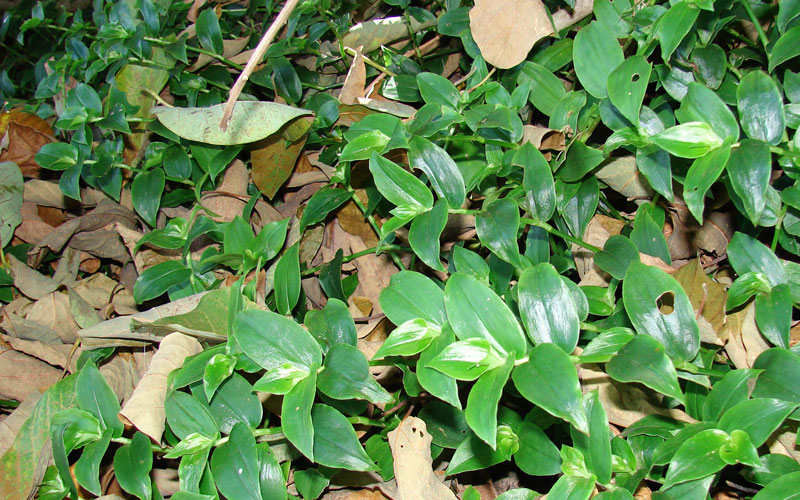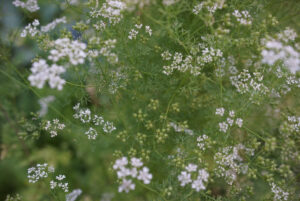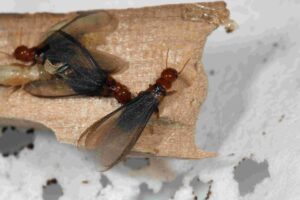
Introduction to Wandering Jew Plants
A. Overview of Wandering Jew Plants Wandering Jew plants, scientifically known as Tradescantia species, are popular ornamental plants prized for their vibrant foliage and ease of care. These plants belong to the Commelinaceae family and are native to Central and South America.
B. Common Varieties and Characteristics Common varieties of Wandering Jew plants include Tradescantia zebrina, Tradescantia pallida, and Tradescantia fluminensis. These plants are characterized by their trailing stems, lance-shaped leaves, and distinctive patterns or colors, such as stripes or shades of purple, green, and silver.
C. Growing Popularity as Indoor Houseplants Wandering Jew plants have gained popularity as indoor houseplants due to their decorative foliage and low maintenance requirements. They are often grown in hanging baskets or as ground cover in containers, adding a touch of color and texture to indoor environments.
Toxicity of Wandering Jew Plants
A. Identification of Toxic Compounds Wandering Jew plants contain toxic compounds, including oxalates and saponins, which can pose risks to pets if ingested. Oxalates can cause irritation and inflammation of the gastrointestinal tract, while saponins may disrupt cellular membranes and interfere with normal physiological functions.
B. Severity of Toxicity Reactions Ingestion of Wandering Jew plants can lead to mild gastrointestinal upset in dogs, including symptoms such as vomiting, diarrhea, and excessive drooling. However, in cases of large ingestion or prolonged exposure, more severe symptoms may occur, necessitating veterinary intervention and supportive care.
C. Precautionary Measures for Pet Owners Pet owners should take precautionary measures to prevent accidental ingestion of Wandering Jew plants by their dogs. This includes placing the plants out of reach or using barriers to restrict access, as well as training pets to avoid chewing or nibbling on household plants. Additionally, pet-safe plant alternatives can be considered for indoor environments to minimize potential risks to pets.
Signs and Symptoms of Wandering Jew Poisoning in Dogs
A. Gastrointestinal Symptoms Dogs that have ingested Wandering Jew plants may experience gastrointestinal symptoms such as vomiting, diarrhea, and abdominal discomfort. These symptoms can range from mild to severe depending on the amount of plant material consumed and the individual dog’s sensitivity.
B. Neurological Effects In some cases, Wandering Jew poisoning in dogs can lead to neurological effects such as lethargy, weakness, tremors, or seizures. These symptoms may indicate the presence of toxic compounds affecting the central nervous system and may require immediate veterinary attention.
C. Respiratory and Cardiovascular Signs Respiratory and cardiovascular signs of Wandering Jew poisoning in dogs may include difficulty breathing, rapid heart rate, and cyanosis or bluish discoloration of the mucous membranes. These symptoms can indicate systemic toxicity and should be promptly evaluated by a veterinarian.
Treatment of Wandering Jew Poisoning in Dogs
A. Immediate Steps for Pet Owners Pet owners who suspect their dog has ingested Wandering Jew plants should contact a veterinarian for guidance and advice. If ingestion has occurred recently, inducing vomiting may be recommended to remove plant material from the stomach and prevent further absorption of toxins.
B. Veterinary Intervention and Management Veterinary treatment for Wandering Jew poisoning in dogs may involve administering activated charcoal to absorb toxins, providing intravenous fluids to maintain hydration and flush out toxins, and offering symptomatic treatment for specific clinical signs such as vomiting or seizures.
C. Prognosis and Long-Term Effects The prognosis for dogs affected by Wandering Jew poisoning varies depending on the severity of toxicity and the timeliness of veterinary intervention. While most dogs recover with appropriate treatment and supportive care, some may experience complications or long-term health effects requiring ongoing monitoring and management.
Conclusion
Wandering Jew plants can pose risks to dogs if ingested, potentially causing gastrointestinal upset, neurological symptoms, and respiratory or cardiovascular effects. Pet owners should be aware of the toxic properties of these plants and take precautionary measures to prevent accidental ingestion by their pets. In cases of suspected plant poisoning, prompt veterinary attention is essential to ensure timely diagnosis and appropriate treatment. By understanding the signs and symptoms of Wandering Jew poisoning in dogs and taking proactive steps to protect pets, owners can help keep their furry companions safe and healthy.


